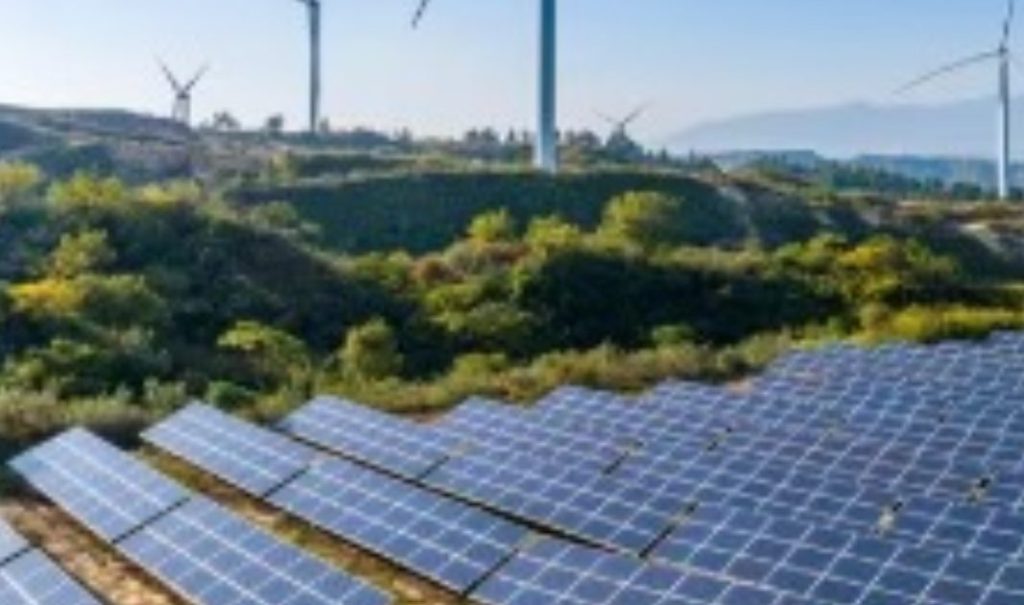Post-harvest losses represent a significant challenge to food security in Nigeria, with an estimated 50% of produce, valued at over $9 billion annually, lost after harvest. This substantial loss is primarily attributed to inadequate storage facilities, deficient transportation systems, limited access to modern technology, and the absence of a functional cold chain. The consequences are far-reaching, impacting food availability, farmer incomes, and the overall economic well-being of the nation. Addressing this challenge requires a multi-pronged approach focusing on infrastructure development, technological innovation, and government support. One promising solution lies in the adoption of solar-powered cold storage systems, offering a sustainable and climate-resilient way to preserve perishable goods.
Solar-powered cold storage offers a viable solution to mitigate post-harvest losses, particularly for perishable commodities like fruits and vegetables. Nigeria produces a substantial quantity of fruits and vegetables, approximately 13.9 million tonnes annually, of which a significant portion is lost post-harvest, translating to an annual loss of roughly $24.3 billion. By utilizing solar energy, these systems provide a reliable and environmentally friendly method for preserving produce, reducing spoilage and extending shelf life. This, in turn, can significantly improve the income of smallholder farmers, who constitute the backbone of Nigeria’s agricultural sector, while simultaneously enhancing the nation’s food security. However, the cost-intensiveness of these systems presents a major barrier to widespread adoption, necessitating government intervention and support.
The high cost of implementing solar-powered cold storage systems presents a significant obstacle for smallholder farmers, who often lack the financial resources to invest in such technologies. The government has a crucial role to play in facilitating access to these solutions through various strategies, such as providing subsidies, tax incentives, and low-interest loans. Furthermore, investing in the development of local manufacturing capacity for solar-powered cold storage units can reduce import costs and create job opportunities within the country. Supporting research and development of more affordable and efficient cold storage technologies is also essential to ensure long-term sustainability and accessibility.
Beyond financial support, the government can contribute to the successful adoption of solar-powered cold storage by investing in the necessary infrastructure, including reliable electricity grids and transportation networks. Improving road infrastructure can facilitate the efficient movement of agricultural produce from farms to storage facilities and markets, minimizing damage and spoilage during transport. Furthermore, strengthening the overall cold chain infrastructure, encompassing storage, transportation, and distribution networks, is crucial for ensuring the effectiveness of solar-powered cold storage systems.
Empowering youth-led agritech innovations is another key aspect of promoting the adoption of solar-powered cold storage solutions. Young entrepreneurs and innovators can play a vital role in developing and deploying locally adapted technologies that address the specific needs of Nigerian farmers. Government support for these initiatives, through funding, training, and incubation programs, can help accelerate the development and dissemination of innovative cold storage solutions, particularly in underserved rural communities. This approach not only fosters technological advancement but also contributes to youth employment and economic empowerment.
A comprehensive approach to addressing post-harvest losses must encompass not only technological solutions but also improvements in harvesting techniques, training for farmers, and the development of robust market linkages. Providing training to farmers on proper harvesting, handling, and storage practices can significantly reduce losses at the farm level. Strengthening market linkages can ensure that farmers have access to reliable buyers for their produce, reducing the need for prolonged storage and minimizing the risk of spoilage. By integrating these strategies, Nigeria can significantly reduce post-harvest losses, enhance food security, and improve the livelihoods of its farmers.
In conclusion, tackling the challenge of post-harvest losses in Nigeria requires a concerted effort from multiple stakeholders. The government plays a pivotal role in creating an enabling environment for the adoption of solar-powered cold storage solutions, including providing financial support, investing in infrastructure, and promoting youth-led innovation in the agritech sector. By implementing a comprehensive strategy that encompasses technological advancements, capacity building, and market development, Nigeria can effectively reduce post-harvest losses, enhance food security, and boost the economic prospects of its agricultural sector. This will require not just financial investment but also a commitment to fostering innovation, supporting local expertise, and promoting sustainable agricultural practices that benefit both farmers and the nation as a whole.


